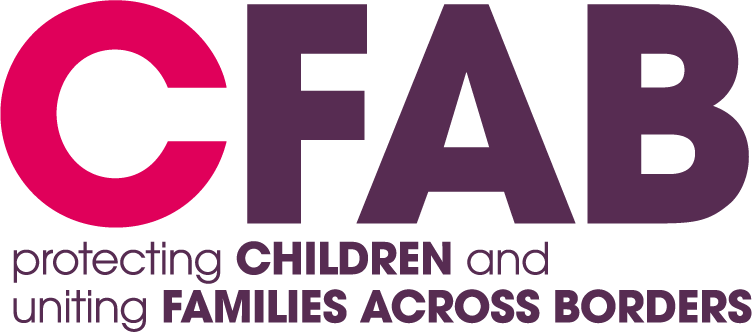CFAB 2024 FOI Data Results: Less than 1% of children in care are placed with family overseas
29 February 2024
In July 2023, CFAB sent Freedom of Information (FOI) requests to 216 local authorities across the UK to better understand the extent to which international family connections for Looked After Children are explored through cross-border practice.
CFAB’s FOI requests asked local authorities questions related to children in care with family abroad from January 2020 to December 2022. These results were compared with the data from CFAB's earlier FOI request from 2018 to 2020. To read the full report click here.
Significantly, the data we received indicated that there has been a 71% increase (192 children) in the number of children placed with family abroad between 2020 – 2022, compared to the two years prior (112 children). This encouraging increase further confirms that overseas kinship placements continue to be a viable option for local authorities. Exploring international family placements ensures that Looked After Children can access or connect with their extended family, locally and overseas, when safe to do so. This approach provides the best opportunity for them to be raised with a strong sense of identity, belonging, roots, and culture.
However, given that we estimate there are 30,000 children in care have family overseas who should be considered for their long-term care, it is clear that that family connections overseas are not being routinely considered. This concern is further underlined by our FOI data which demonstrates that just 32 local authorities throughout the UK reported placing children overseas. This number has decreased from our previous 2018-2020 FOI in which 48 local authorities reported placing children with family abroad.
One of the challenges we have consistently encountered in both our recent and previous FOI requests is the lack of available data from local authorities. In this latest FOI, less that 50% of local authorities were able to provide numerical data about the number of children placed abroad and less than 25% were able to confirm whether family members overseas were explored for a child’s long-term care. The lack of progress in data collection continues to impede the monitoring of international placements and ultimately could risk exposing children to neglect, abuse and exploitation.
The decreasing number of local authorities facilitating overseas family placements and the lack of available data is a concern for CFAB and leads to questions about whether social workers are prioritising a family-first approach for children. The Department for Education’s recent Stable Homes, Built on Love Implementation Strategy further emphasises the importance around a child-centred approach within a whole family focus. However, we believe this should not be restricted by borders, and social workers need to be supported to fully explore a child’s family connections, both locally and internationally, to ensure a child’s best interest are upheld.
To meet the needs of our increasingly diverse communities, CFAB recently launched its Equity in Permanency campaign which aims to ensure the exploration of family, without discrimination of any kind, in permanency planning for children in care. The campaign emphasises the importance of exploring international family connections, integrating cultural and ethnic considerations into permanency planning, and enhancing cross-border collaboration to facilitate overseas placements. Please click here to find out more.
Please click here to read our full FOI Report.


